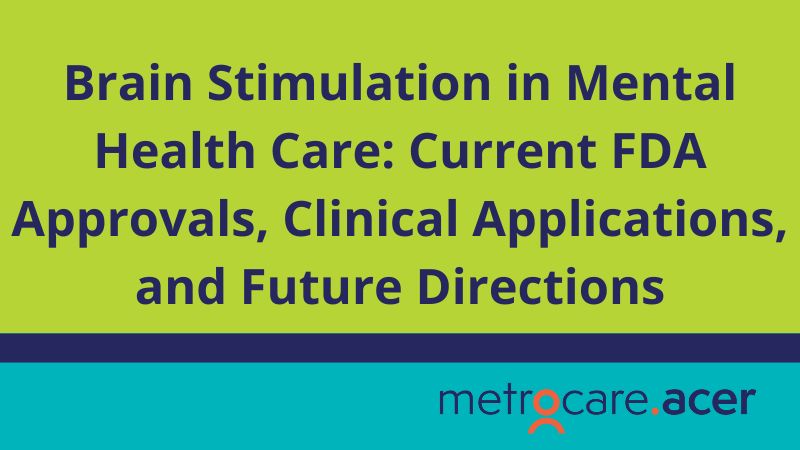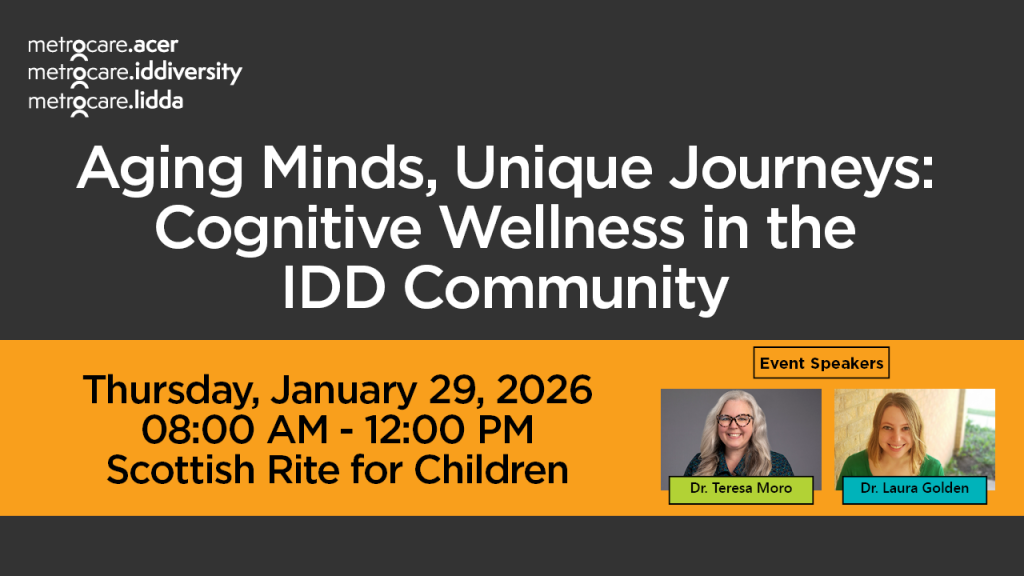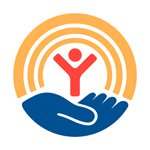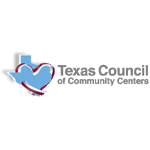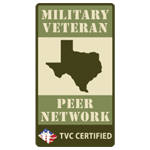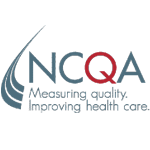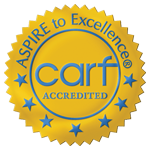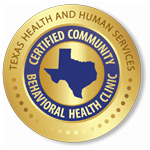Would you like to gain insight into brain stimulation techniques recognized in psychiatry?
This session will explore how transcranial magnetic stimulation (TMS) and transcranial direct current stimulation (tDCS) work, their FDA-approved uses, and how they compare to traditional therapies. Grounded in current research, this training will equip helping professionals with knowledge to discuss these emerging treatments with patients, address common misconceptions, and consider how neurostimulation can complement existing treatment approaches in clinical practice.
By the end of this session, participants will be able to:
- Describe the FDA-approved uses of TMS and tDCS in mental health treatment.
- Identify key clinical applications of brain stimulation for treatment resistant depression, smoking cessation, and other disorders.
- Recognize the future potential of these interventions and their place in evidence-based practice.
- Discuss ethical considerations in patient education, referrals, and scope of practice for mental health clinicians.
REGISTER HERE
Cost: $10 Community Members / FREE for Metrocare Staff (register using Metrocare email address)
Seats are limited. Please ensure you are registered no later than Monday, July 7th to secure your spot.
*Metrocare staff should obtain supervisor approval before registering for the event.
**Please be sure to review our policy and procedure for any questions regarding cancellations, refunds, and confidentiality.
ALL PARTICIPANTS will be asked to complete a survey at the end of the training.
Those who complete the survey WILL RECEIVE A CERTIFICATE OF ATTENDANCE within 7-10 business days.
__________________________________________________________________
Speaker: Kyle Blidy, PhD
Dr. Blidy is the Assistant Director of Research for the Altshuler Center for Education and Research at Metrocare.
He for holds a Master’s degree in Education and PhD in Neuroscience with five years of research experience focused on treatments for neuropsychiatric ailments.
His work includes:
1) identifying neural profiles necessary for language recovery post-stroke;
2) identifying neural markers that predict therapy response among individuals with PTSD and/or SUDs;
3) examining how the brain reacts to social threats and whether intra-nasal oxytocin can reduce these reactions in individuals with cocaine use disorder; and
4) investigating how the brain creates rewarding memories among individuals with PTSD who struggle to feel joy.
Dr. Blidy has showcased his work via publication and at national and international conferences. His goal is to identify moderators of treatment effectiveness across trauma-related conditions.
____________________________________________________________________


